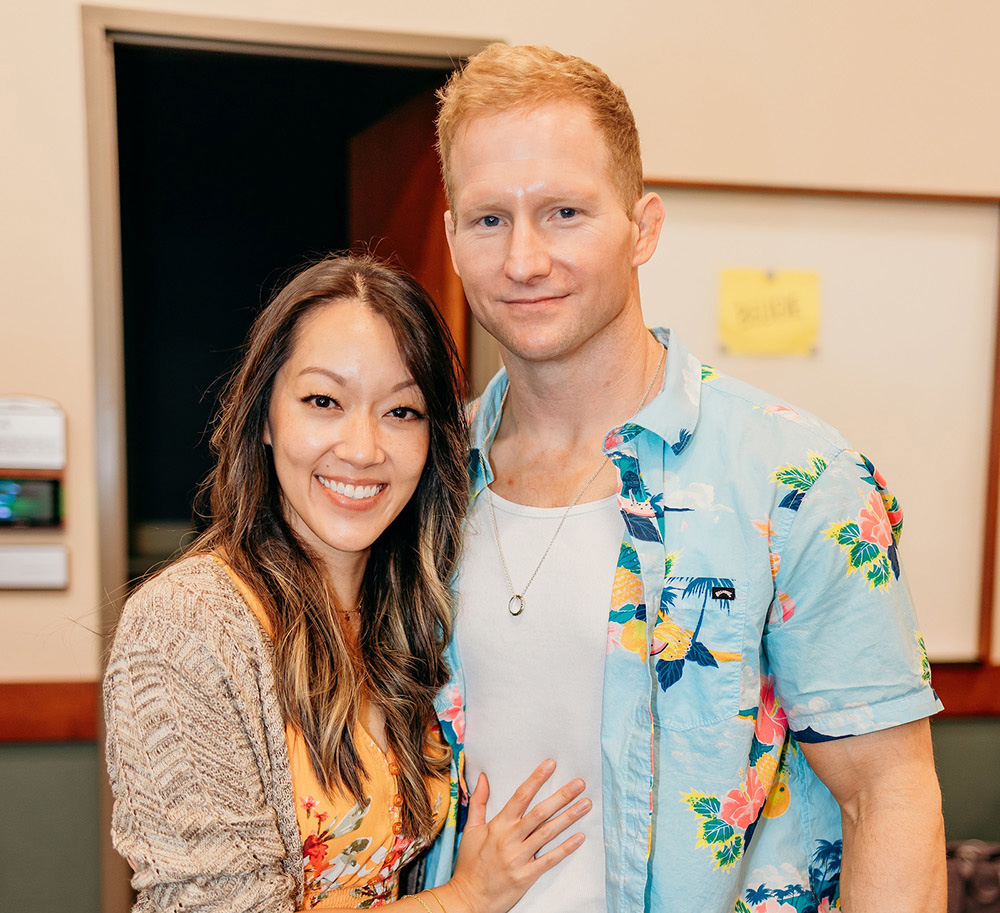More Than Cheap Talk
College of Business assistant professors research how companies competing via Twitter messages has changed the face and pace of marketing
 When history looks back on the first years of the 21st Century, one defining feature may well be how social media has transformed our society. It not only affects us personally, but it also impacts the way businesses operate. It has changed the way companies market their products and sped up the pace of these decisions as they must now react in real time to information from their customers and their competitors.
When history looks back on the first years of the 21st Century, one defining feature may well be how social media has transformed our society. It not only affects us personally, but it also impacts the way businesses operate. It has changed the way companies market their products and sped up the pace of these decisions as they must now react in real time to information from their customers and their competitors.
This phenomenon has led to some innovative research by two professors in K-State's College of Business. Rachel Mui and Jake Duke are both assistant professors of management, and they have paired up to look deeper into this topic on one of the most popular platforms for businesses – Twitter. “In this study, we examine how companies utilize tweets as a novel type of competitive action that can instigate competitive reactions,” Mui explains. “The transparency of tweets encourages and shapes consumer interaction as well, which further fuels the dynamic, competitive nature of such actions.”
For the project, Mui and Duke are analyzing all the tweets from the top 50 fast food companies since the beginning of Twitter in 2006. Using content analysis tools that make sifting through large amounts of data possible and a team of students adept at scraping web data, Mui leads the data analysis side of the project. Meanwhile, Duke leads the theoretical component, utilizing social network theory to assess who the central actors are and what their roles are.
“Social media platforms are absolutely being studied more and more these days because virtually every company utilizes it for various reasons – from bypassing traditional media gatekeepers, to reaching a larger audience, to allowing the power of social media to disseminate the message even wider through networks,” Mui says. “It’s a type of strategic communication tool that requires public language that operates very differently from your traditional press releases, shareholder reports, CEO letters, etc.”
The shift is particularly striking because of the casual nature of the messages. When companies first started engaging with Twitter using casual and even provocative messaging, many professionals and businesses deemed it unprofessional. But consumers ate it up – figuratively and literally. A favorite example of Mui’s is the aggressive Twitter strategy by the fast-food chain Wendy’s, which targets many of its rivals, but especially McDonald’s and Burger King, with tweets that range from somewhat tongue-in-cheek insults to competitive promotion deals. One such tweet even offered up a free order of fries for customers, adding “Gotta do something with all this salt.”
It’s a project that makes Mui smile as much as it engages her research interests. “This study is one that makes me giggle and laugh,” she says. “I can’t say the same about some of my other data sets – actually I can’t say that about any other of my datasets.”
They first gained interest in the project through some other research Mui was doing on social media trends combined with a surge in news stories highlighting these Twitter battles. Though it is a fast-moving trend for businesses trying not to be left behind, the research has so far not kept up. That makes the work Mui and Duke are doing even more valuable and innovative.
“Social media has traditionally been perceived as an effective and inexpensive marketing tool to convey company goals and values, to promote products and services, and to manage consumer expectations,” Duke says. “We know considerably less about how it is used as a competitive tool to facilitate competitive actions and reactions among peer firms.”
Mui and Duke continue to sort through the data they have collected to draw conclusions, careful to not be biased by their own intuition, but looking at what more than 15 years of social media messaging can tell us about how the strategic use of social media has been shifting.
This project will add to Mui’s portfolio of research on how social media is shaping company strategies. Her work on how legacy companies communicate on Twitter and how it impacts public perception was selected as best paper at the 2021 Academy of Management Annual Meeting. Mui and Duke also collaborate on research on venture capital firms and risk. In addition, Mui teaches courses in entrepreneurship, while Duke teaches entrepreneurial finance, business ethics and business innovation.
Mui and Duke, who are also married, both joined K-State in fall 2020 after completing their PhDs at Oklahoma State University in 2019 and then working as assistant professors at the Rennes School of Business in France. The academic freedom that the College of Business provides enables them to look at the things that are shaping the business world at ever increasing speeds as social media permeates our lives. Working together also makes their lives and their research inextricably linked. “The fun thing about being married to each other is that we talk about research all the time, and at the most random times, like when we are doing the dishes or walking the dogs,” Mui says.